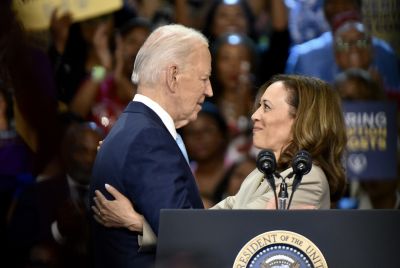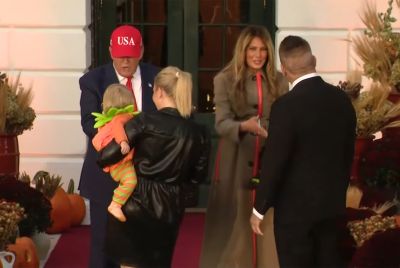The left is in denial about Jeremy Corbyn's Communist sympathies
Will the Labour Party pay the price at the polls for Corbyn's Czech connections?

Join me in a little thought experiment. Suppose that irrefutable evidence were to emerge that leading Labour figures had been working for the KGB during the Cold War. Imagine discovering the archival evidence in black and white: intelligence reports, bank transfers, the lot. How would the British left react?
I think we can guess. The Guardian would treat it all as a rather passé human interest story, almost funny. That is how it treated the revelation in 1994 that one of its writers, Richard Gott, had had contacts with Soviet intelligence. Gott admitted that he has accepted "red gold" from the USSR, describing himself as "a mellow traveller" and adding that he has seen the whole episode as "an enjoyable joke". The Guardian's then editor, Peter Preston, did not rebuke him, but instead raged against the "slimy agenda" of The Spectator, which had revealed the episode. The BBC, reporting on the dispute in an amused tone, invariably referred to "the Right-wing Spectator", though never to "the Left-wing Guardian".
It's equally easy to imagine the reaction of the radical Left on social media, where the filters come off: "LOL, you Tory scum are desperate now, what about rising poverty, what about YOUR links to Saudia Arabia?"
We have seen all these responses, as well as a mystifying lack of interest from the BBC, over the past week. I'm not referring to the allegations – vehemently contested – that Corbyn and other Labour MPs took money from the Eastern bloc. Jezza is as entitled as anyone else to the presumption of innocence and, in the absence of evidence to the contrary, I believe his denials on that point. But he has admitted to meeting, and passing information to, an enemy government, even if that information was non-classified. That, however you look at it, is a very big story indeed.
There are, as Guardian columnist Matt d'Ancona explains, two legitimate responses to it. You can bemoan the stunning lack of patriotism that led a Labour MP to intrigue with an unfriendly government; or you can claim that it was a well-intentioned attempt to de-escalate the Cold War. What you can't do, in conscience, is to treat the whole episode as a bit of a lark.
There was nothing larky about Husák's Czechoslovakia. It banned political dissent and independent media, and imprisoned pro-democracy activists. The fact that a self-proclaimed human rights champion like Jeremy Corbyn saw it as in some senses morally equivalent to Britain is important and revealing.
A few on the far left will take the view that Communism is superior to market capitalism, and that gulags and firing squads were a price worth paying, but many more will simply refuse to look at a story that they find disquieting. This, in fairness, is a universal phenomenon. When words are slowly illuminated on a screen, people read the nice ones before the nasty ones: we literally see what we want. Those for whom Corbynism has become a definitive sacred value, won't deny the criticism; they simply won't hear it.
I suspect, though, that the row will shift opinion more than columnists think. The pundits' view – again, delivered in a sardonic tone – is that no one cares, the Cold War was ancient history, and voters won't shift their position because of a few cups of tea with a Czech official in the House of Commons.
I disagree. Momentum is a loud, but minority, voice. The rest of us are noticing that the Labour leader seems to spend a lot of time siding with Britain's enemies: the IRA, Hamas, Iran and, yes, the Warsaw Pact. We are realising, too, that this is far from ancient history: Jezza has not changed his views one whit, and continues to side with Nato's foes and to blame every ill in the world on the West. I may be wrong (I often am) but my hunch is that, next month, Labour, which has been level-pegging in the polls since last year's general election, will begin to fall behind. Let's see.
Daniel Hannan has been Conservative MEP for the South East of England since 1999, and is Secretary-General of the Alliance of European Conservatives and Reformists. Follow : @danieljhannan
© Copyright IBTimes 2025. All rights reserved.






















